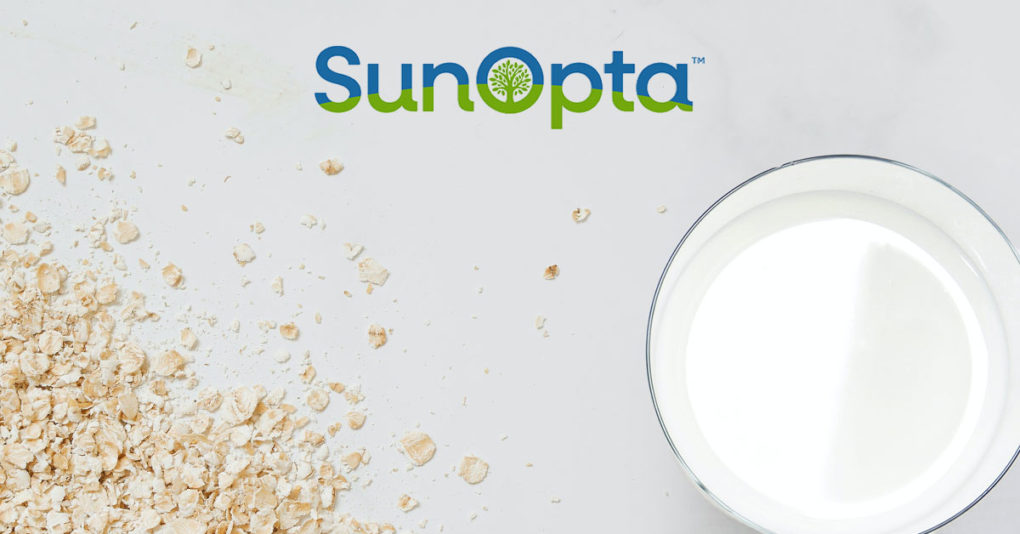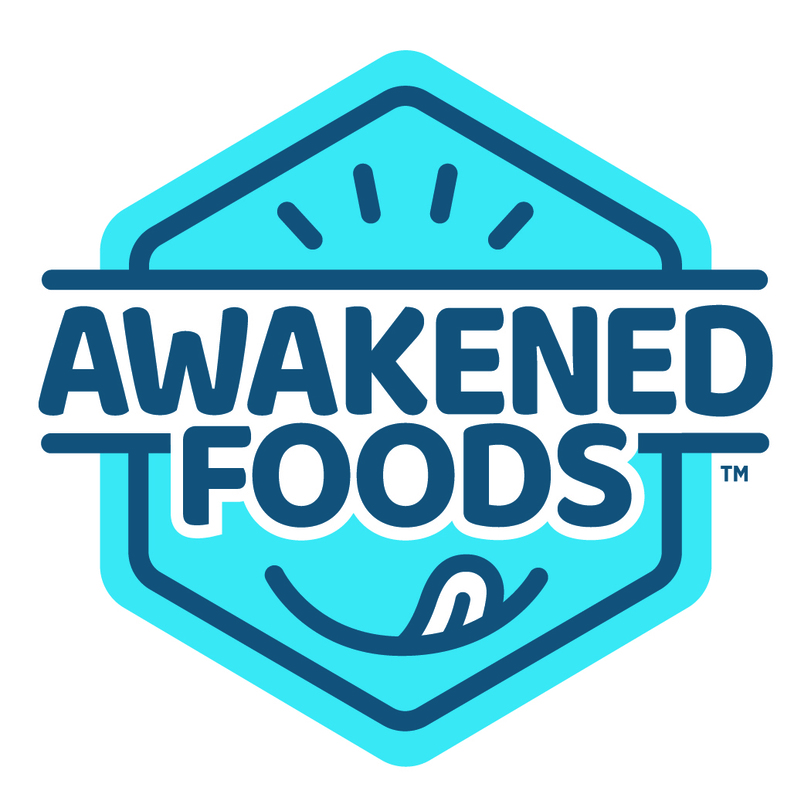SunOpta Posts Strong Q3 Earnings Across All Categories

SunOpta reported strong, volume-driven revenue growth in Q3, according to its latest earnings released on Tuesday. Revenue from continuing operations grew 16% to $176 million and was largely supported by 20.6% volume growth in the quarter. That performance was partially offset by a 2.8% price reduction.
The gains signal that the company’s private label and co-manufacturing model is working amid the current economic climate, which is pushing consumers to largely favor private label alternatives. That performance is also helping support the expansion of its in-house Dream Oat Milk brand, which recently garnered increased distribution to more than 6,700 stores via a “large coffee chain partnership.”
Beyond the plant-based sector, SunOpta CEO Brian Kocher emphasized that every segment the company plays in – which includes plant-based milk, broth, protein shakes and fruit snacks – are growing. Fruit snacks grew 42%, and reflected a 40% sales volume growth while its aseptic broth and beverage lines grew revenue by 14%, Kocher said during a call with securities analysts.
SunOpta’s foodservice channel sales also saw a boost, with revenue up in the “double digits” and major customers continuing to report increased consumer preference for plant-based beverages across menu options. Kocher said that performance, coupled with strong category growth, will allow the company to continue unlocking incremental revenue growth opportunities and increasing its share of the total addressable market (TAM).
“First and foremost, [incremental growth] starts off with categories that are growing,” said Kocher during the call. “Plant-based milks continue to grow at a mid-single-digit rate. Protein shakes increased 17% over the last 52 week period. The better-for-you fruit snacks category grew by 21% over the last 52 weeks, with our customers commanding well over 75% of segment share. Even a stable consumer category like broth is up 8% over the last 52 weeks.”
The Minneapolis-based company is ready to meet the moment as well having invested in increased oat milk production capacities and unlocked a 10% increase in capacity at its existing production facilities during the quarter. SunOpta currently operates seven U.S. production plants in addition to one in Canada.
“What we very clearly understand today is the next best dollar that we can spend in investment is unlocking trapped capacity in our operating system, in our supply chain,” said Kocher. “That capacity comes from all kinds of things. It comes from equipment downtime. It comes from sequence and scheduling. Potentially, it comes from order of production, product mix. There’s all types of things that impact capacity and utilization rates.”
That strategy is also being developed alongside the needs of its top customers, Kocher explained. The company generated “double digit” revenue growth from each of its top three customers and 30% average year-over-year revenue growth from its top five clients.
Protein shakes, where it has also invested in increasing capacity, is a solid example of how the company has been able to spur growth and increase its TAM when working directly with its customer needs, Kocher said on the call.
“When you are looking to fill your facilities and your plants, you’re looking to gain volume, and you take the volume when you can get it, not necessarily when it’s convenient,” Kocher said. “I think we’re probably past that phase in our growth strategy and we have the opportunity to fund volume growth through operational efficiencies, but also ensure that we’re working with our customers so that it’s the right type of growth.”
The earnings also came alongside an announcement from a key SunOpta partner, Starbucks, which dropped its surcharge on non-dairy milk substitutes this week. While Kocher noted the company doesn’t comment on specific customer activities, he emphasized that the direct relationship it maintains with customer demands means that this action will be a positive for SunOpta’s business and the continued growth of the category.
“We believe anything that fosters trial, penetration or repeat buys, in general, is good for us,” said Kocher. “We are tied into the supply chains of our top 15 customers, so we work with them on product development, on responses to consumer demands, on pricing development and make sure that our solutions are available to ensure that they’re in supply and they can satisfy their customers.”

















